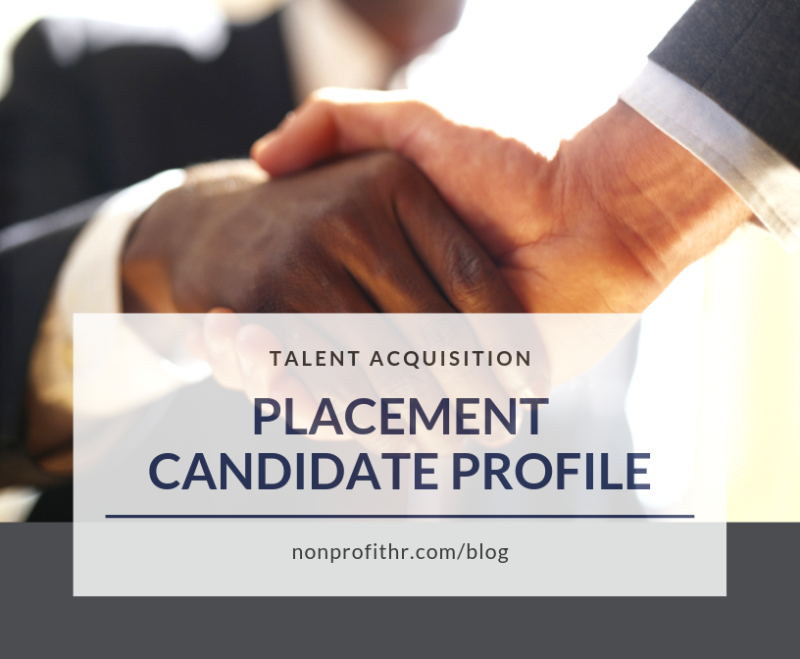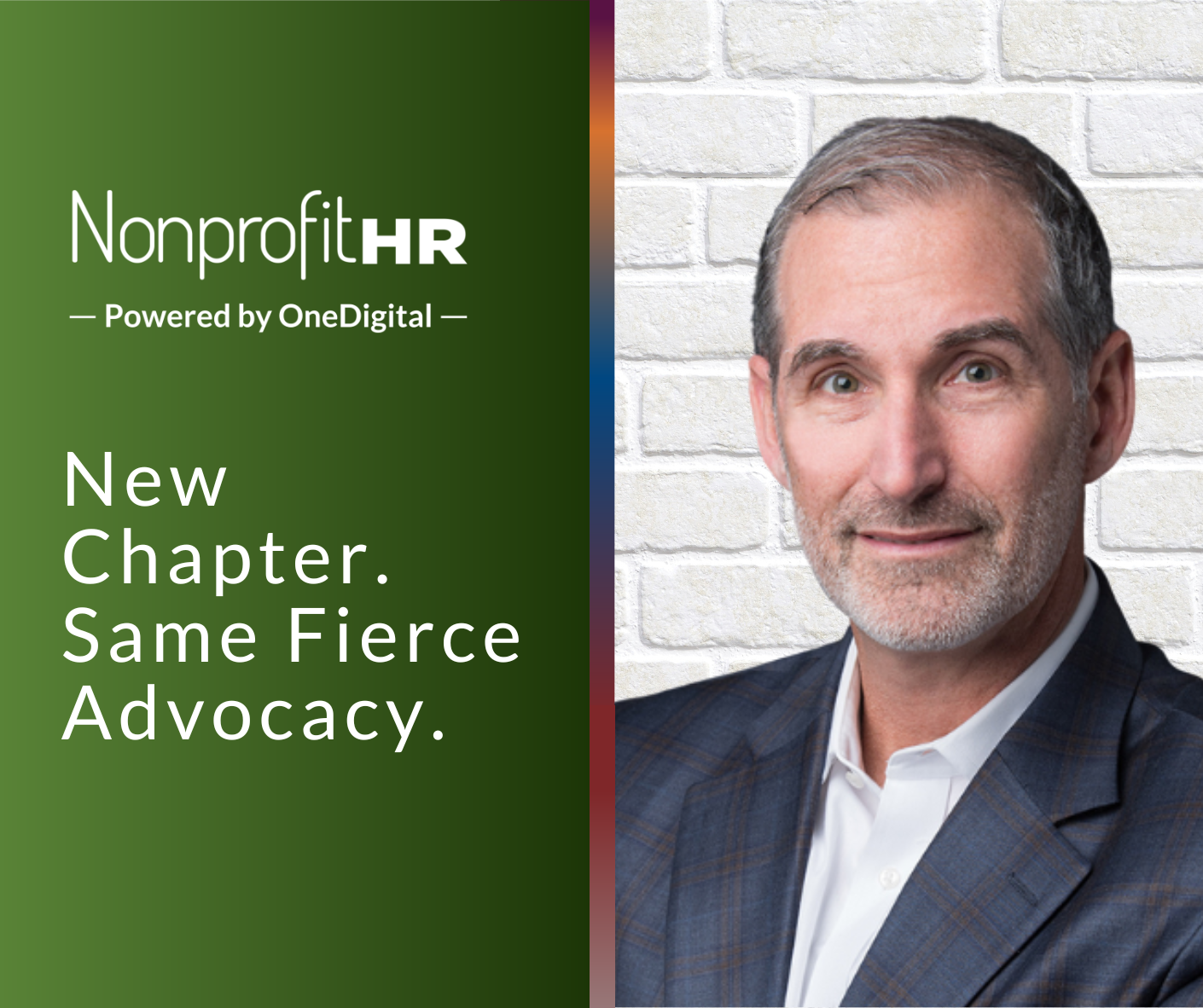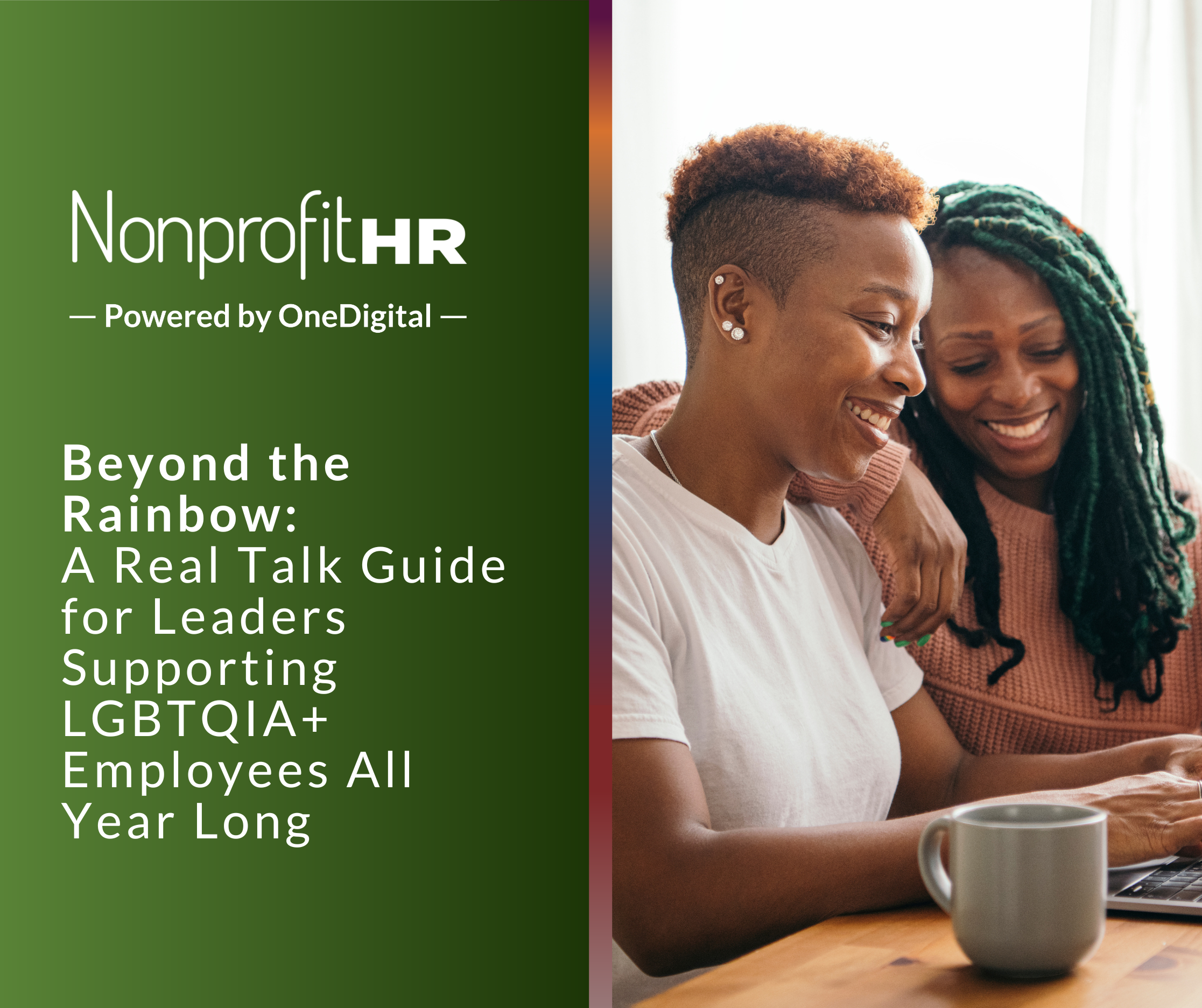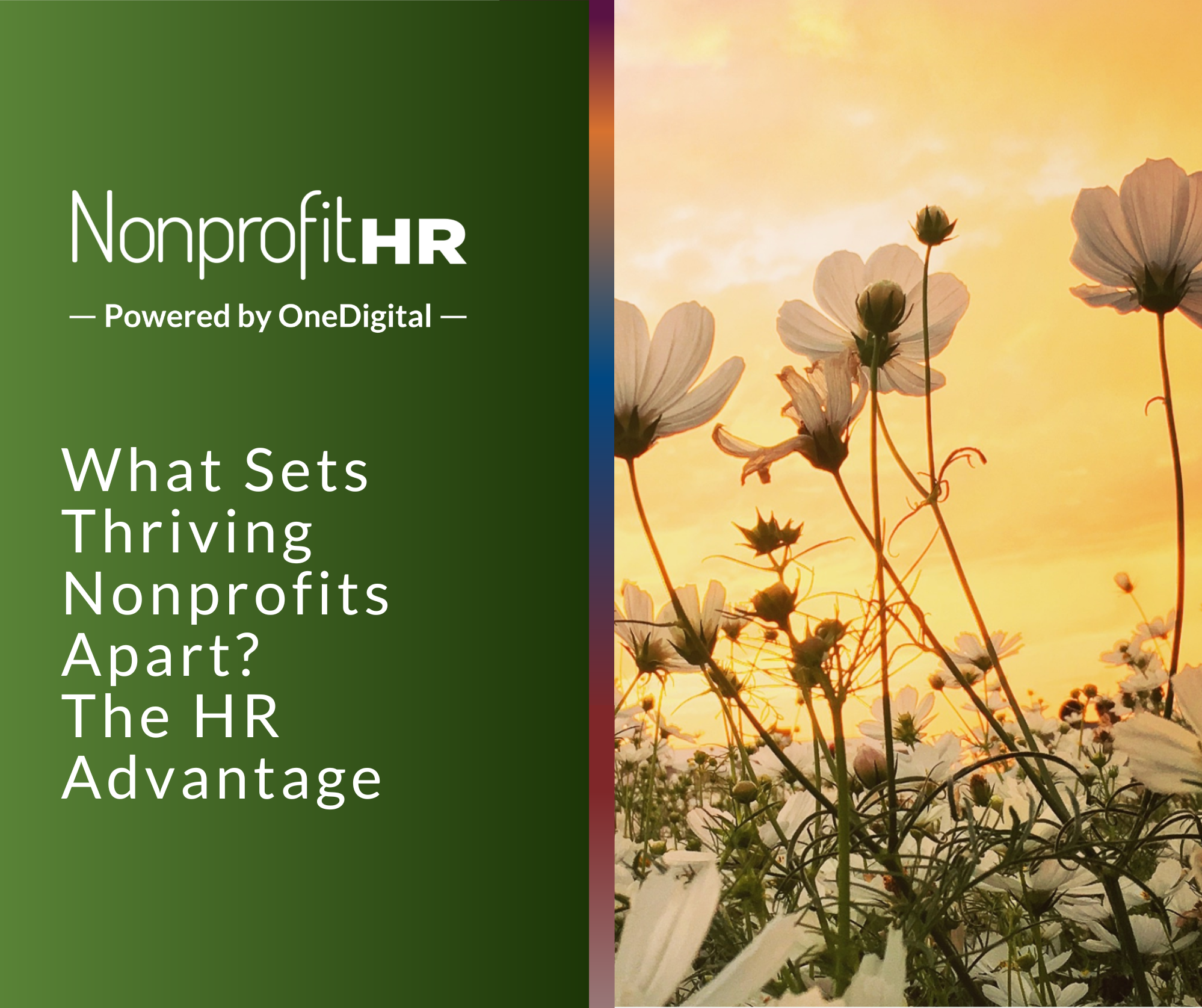WTOP: 5 ways nonprofits can…
Nonprofit HR’s Search team places hundreds of candidates in positions each year. This story features a recent placement who is making incredible impacts in the social sector.
Interviewee: Gillian Harper
Organization: American Foundation for Suicide Prevention
Title: Manager of HR
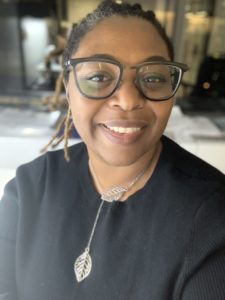 |
| Gillian Harper Manager of HR American Foundation for Suicide Prevention |
Nonprofit HR: What lead you to a career in the nonprofit sector? What skills do you think you bring to the sector?
Harper: I moved to the United States as a teen and my first real job was in the nonprofit sector. I started in a temp role at Trinity Church in New York City and they just happened to have a receptionist position open. So, at first, my involvement in the sector wasn’t intentional. I more so fell into it. Later on, though, I continued to intentionally build on that non-profit background. I decided to go to college to pursue a psychology degree, due to personal interest, and a professor encouraged me to consider the field of human resources as an ideal way to apply what I learned in my psychology studies. With that, I intentionally chose to go back to the non-profit world. Something about lending my knowledge to mission-driven work just felt right. It did not matter to me that I was not the program director, for example. I felt like I was supporting the work of missions by directly supporting the staff who do the work in target communities. As I wrapped up my studies, Trinity Church was looking for someone to fill a new HR role! I applied and was hired. So, I credit Trinity with my start in the sector and in the field of HR.
In terms of the skills I bring to the sector, that would be my way with people. I was always told that I am “good with people”. That may seem inconsequential but working with employees from the HR perspective, requires certain skills. Also, having a customer service orientation and background helped me develop a sense of empathy and compassion which fits with all non-profit work. In my current role at AFSP, empathy and compassion for others are critical. Many on staff have personal connections with suicide so my day-to-day is anchored in compassion and empathy as well as an understanding of the different states of mental health.
Nonprofit HR: What drew you to your current organization’s mission? What do you love about it?
Harper: My passion for mental wellness. AFSP is, at its core, a mental health organization. Our mission is to save lives and bring hope to those affected by suicide. We provide those affected by suicide, including caretakers, with a nationwide community empowered by research, education, and advocacy to take action against this leading cause of death. While we do not deliver programs directly, we do fund research, policy, and advocacy around mental health training.
What stood out to me is that AFSP is not just focused on the people suffering from mental illness, we also support the caregivers. I have personally experienced the challenges and stresses of being a caretaker for someone with mental health challenges. Because of this experience, AFSP spoke to me on that level. Due to the stigma of suicide and mental illness in some communities, caretakers often lack the support of family and loved ones. I do not believe that is intentional on their part, it is just due to a limited understanding of the reach and toll of mental illness on not only those dealing with it personally but also for those caretakers as well.
Working for an organization that considers the whole person and the people who support them on a daily basis is an honor. My colleagues also believe in the work they do. They have personal ties that allow them to operate with a level of compassion and understanding that is often rare in many work environments. Being among such mission-driven talent motivates me every day.
Nonprofit HR: What do you love about the culture of AFSP?
Harper: As soon as I met with AFSP during the interview process, I just knew it would be a good place to be. The mission was personal to me, as I mentioned before, but on top of that the focus on wellness stood out to me. We encourage employee wellness through ample wellness and vacation days.
I also appreciate that we adapt easily. A recent example is with the BLM movement. Our organization has had the intention to focus on diversity as part of our strategic plan (and it is included in the plan) for quite some time. One of our main goals is to diversify our volunteers and the board. With BLM and other events in response to George Floyd’s murder, we were presented with a new opportunity to look at how we, as an organization, engage with people of color. Almost immediately we formed a task force, sought the expertise of consultants, and engaged staff in discussions about diversity, equity and inclusion.

Nonprofit HR: What excites you the most about your role?
Harper: My initial mandate a year ago was to develop the organization’s first Human Resources function which included setting up systems, processes and procedures for everything HR. I’d never had to build a function from scratch and the idea of doing so was daunting but challenging.
Now that the function has solidly been in place for a year, all things HR are centralized and portions of the work automated through the self-service HR portal, more of my time can be focused on the people-oriented, strategic aspects of the role. At the moment my sights are set on working with leadership to establish DEI projects going forward.
Nonprofit HR: What impact do you wish to have in your role?
Harper: Now that the basics are in place, I can focus on our recruitment strategy to attract and engage talented candidates from different walks of life, with different lived experiences who will bring different ideas and approaches to the organization. Staffing, organizational development, and the talent pipeline will be important. I will be focused on what makes good business sense and instilling a feeling of citizenship with the staff. That sense of citizenship is what keeps the staff engaged. The happier people are the more they are willing to do in their individual roles and the more they represent the organization in a positive way through word-of-mouth marketing. This speaks to the inclusion piece of DEI, thinking about what individual staff needs to feel a sense of belonging and finding ways to engage and build a sense of community.
Nonprofit HR: What advice would you give jobseekers looking for their next dream role in the sector?
Harper: Understand your passion. Think about the causes that are important to you and speak to you on a personal level. If there are a couple of things that appeal to you, go after them. Perform deeper research on the different avenues within the sectors that appeal to you. Always keep in the forefront of your mind the areas you want to be involved in. If you volunteer in a social justice area, why not make that your job? At the end of the day, for me, it’s about being satisfied. I need to be connected to the work I do. When I feel a connection, I know I am in the right place and going in the right direction.
Nonprofit HR: What was the most valuable part of the direct hire process? What should we keep the same?
Harper: I worked with Yvonne Rivera and thought she was amazing! I talked to many recruiters, but I liked Yvonne a lot. She was transparent about the direct hire process and walked me through the steps very clearly. She took the time to help me set expectations and was in touch every step of the way. Another thing I really appreciated about Yvonne is that she always did what she said she would do. If she said she would call, she did. Now that I think about it, my one year follow up is just around the corner. I know I’ll hear from her soon.
Simply put, I felt taken care of. I did not feel like another number or recruitment stat. Working with her was a great experience.


























